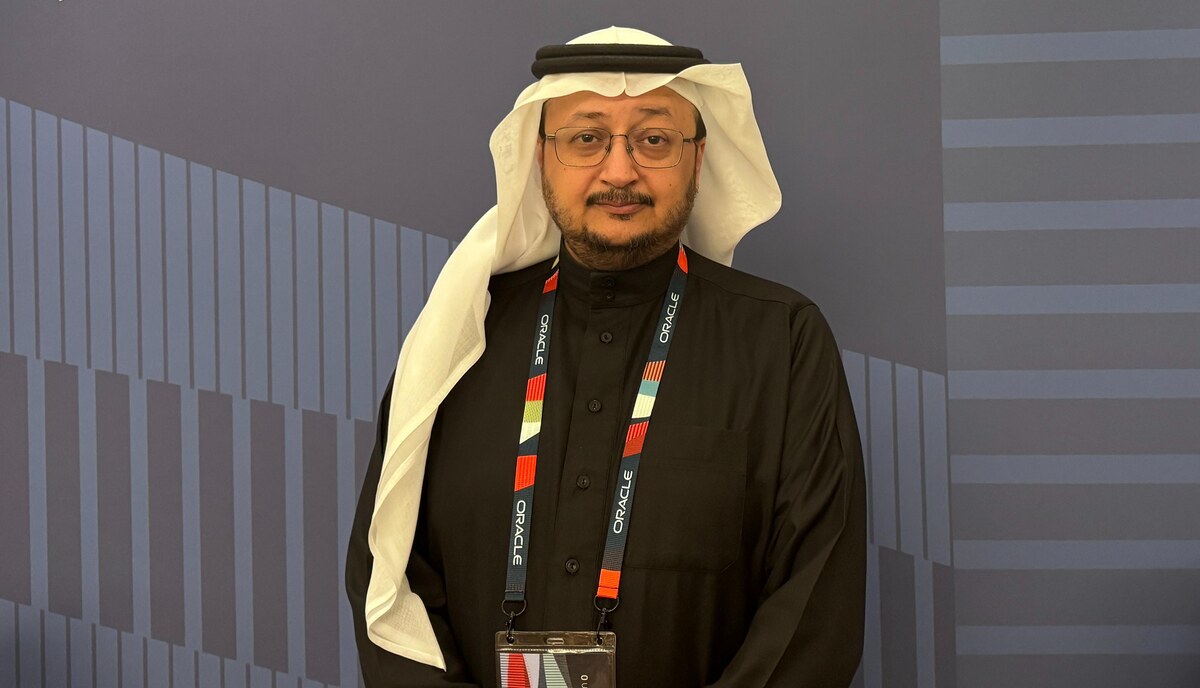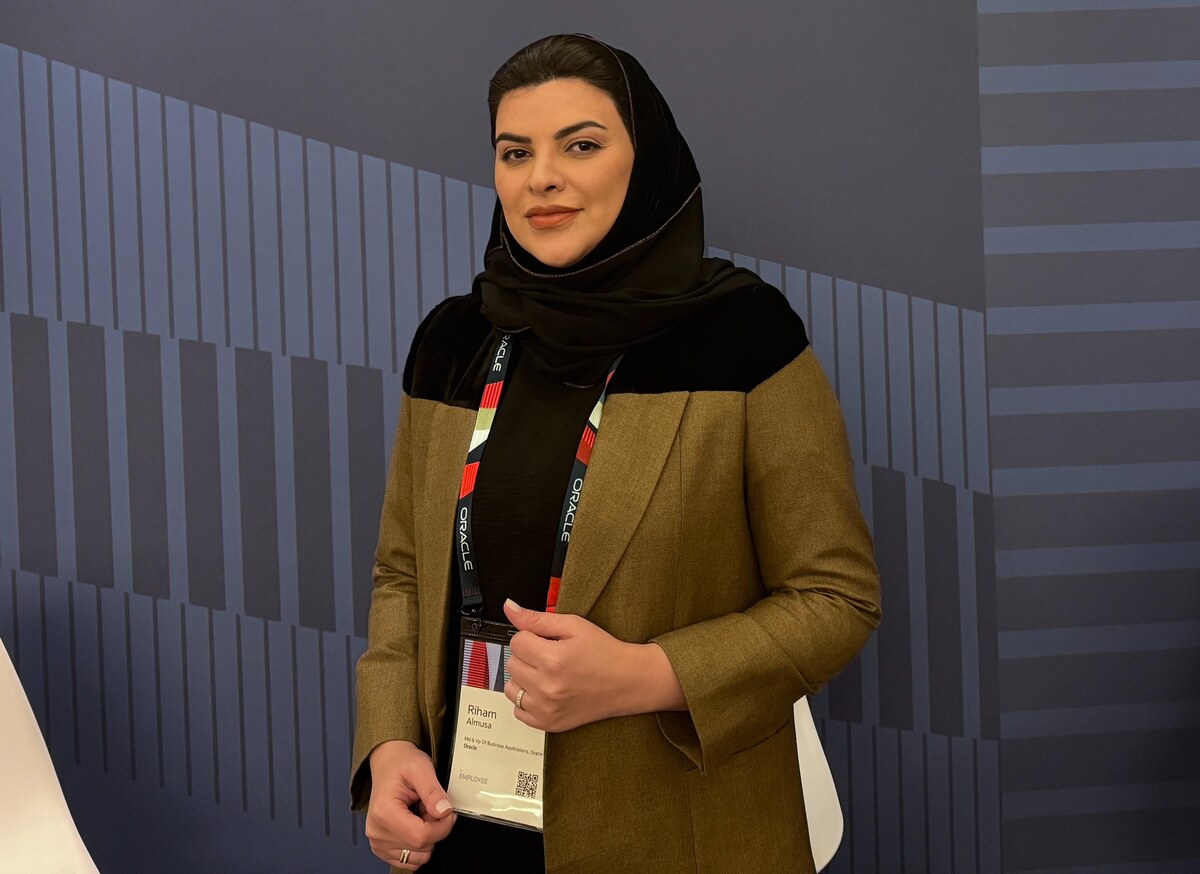BEIRUT: Business giant Al-Habtoor Group is prepared to pull out of Lebanon entirely if the government does not take action to protect its investments, the conglomerate’s chairman has warned.
In an exclusive interview with Arab News, the UAE-based firm’s chairman Khalaf Al-Habtoor made clear his frustration with the economic decline of Lebanon, and revealed he was prepared to enlist “high-caliber law firms overseas” to recover lost assets.
His warnings came after he sent a letter to Prime Minister Najib Mikati in which he expressed deep concern over the threat to Gulf investments in the country.
Pointing out the illegal “seizure” of the group’s funds by Lebanese banks and the losses incurred due to the socio-political turmoil, the business tycoon emphasized that it is the moral duty and legal obligation of the government to pay compensation and protect foreign investments.
“If I find a buyer now for everything I invested there with a negotiable price, I will sell it,” Al-Habtoor told Arab News when discussing the possibility of withdrawing investments from Lebanon.
Once a thriving and vibrant economy, Lebanon now finds itself mired in deep political instability, financial crises, and a war at its border threatening to further destabilize the country.
The economy of the country that was not so long ago called “the Switzerland of the Middle East” due to its scenic beauty and secured banking system is in shambles. Foreign investors particularly from the Gulf Cooperation Council states are concerned about protecting their business interests.
Al-Habtoor expressed his growing frustration over the worsening situation in Lebanon. He accused some militias of controlling the state’s resources leading to the current economic decline.
The UAE businessman called for the urgent dismantling of these armed groups to ensure the survival of Lebanon and the revival of its economy.
When asked about pursuing legal action, Al-Habtoor told Arab News: “We are discussing this seriously because now this is (a) warm-up.” The group’s chairman said they have set a timeframe for the Lebanese government to respond with appropriate measures to address the situation.
In case of its failure to take necessary actions, “we will have no choice except to consult high-caliber law firms overseas,” he said.
We reopened Al-Habtoor Grand and Metropolitan to let the families who work there survive. We are losing now and we don’t know for how long we (can) stay like this to let these families live
Khalaf Al-Habtoor, Al-Habtoor Group chairman
Al-Habtoor said the initial value of the group’s direct investment in Lebanon was over $1 billion with an additional $500 million in indirect investments. However, due to the economic downturn, the current value of these investments is almost zero. With approximately 500 employees in Lebanon, the impact of the economic crisis on the workforce and their families is substantial, he added.
Founded in 1970, Al-Habtoor Group has grown into one of the largest and most respected conglomerates in the region. With interests spanning hospitality, automotive, real estate, education, and publishing sectors, the group's investments in Lebanon have been significant. However, the economic crisis that unfolded in Lebanon in 2019, compounded by the impact of the COVID-19 pandemic and the devastating Beirut explosion in 2020, has left the country in a state of economic despair.
In the face of economic hardships, Al-Habtoor reopened the Grand and Metropolitan hotels. When questioned about this decision, he said: “We reopened Al-Habtoor Grand and Metropolitan to let the families who work there survive. We are losing now and we don’t know for how long we (can) stay like this to let these families live.” The move reflects a commitment to supporting local communities and providing employment opportunities amid challenging circumstances.
The business community in Lebanon — local and foreign investors — are equally concerned about the current situation of the country. Al-Habtoor told Arab News that he was approached by the Lebanese depositors’ association and was open to collaborating with those who share a common cause.
He criticized Lebanese banks for giving investors’ money to unknown entities, putting the blame on them for the current predicament.
Al-Habtoor’s warning he could withdraw from the country comes at a time when Lebanon’s economic prospects look bleak, and confidence in the financial system is eroding.
Last week, 11 out of 12 members of the Lebanese bankers association in Lebanon took a unique route in its attempt to recover deposits held with Banque du Liban.
Banks including Bank Audi, BLOM Bank, Byblos Bank, and others, sent a formal notice to the Finance Ministry, a crucial step under Lebanese administrative law, signalling their intention to file a recourse against the administration. This notice requires the state to pay BDL nearly $68 billion within two months, with the banks aiming to move the judiciary if the state fails to comply.
As a preliminary step, the banks are demanding $16.5 billion borrowed by the state from BDL between 2007 and 2023. They also seek financing for the $51.3 billion losses recorded on the central bank’s balance sheet for 2020, as indicated in the Alvarez & Marsal audit reports.
This legal move comes at a critical juncture, coinciding with discussions in the Council of Ministers about a bank restructuring project.
The project, as it stands, absolves the government and the central bank of responsibility for the country’s multidimensional crisis, shifting the burden to banks and depositors. L’Orient-Le Jour reported that Deputy Prime Minister Saadeh Chami, allegedly the brain behind the project, denies responsibility, attributing its development to the Banking Control Commission in Lebanon, an entity under the jurisdiction of the BDL.
BDL’s deficit, a major cause of the financial crisis since 2019, has implications not only for the banking sector but also for the wider Lebanese population. Deposit restrictions, implemented without parliamentary authorization, have led to legal actions by depositors against various banks, adding yet another layer of complexity to the crisis.
A demonstration on Dec. 7, organized by depositors in front of BDL’s headquarters, revealed public outrage and condemnation of the banks’ legal action, with depositors describing it as a “smokescreen.” The Union of Depositors accused the state of contributing to the erosion of depositors' funds and criticized BDL’s perceived inaction.
Wassim Mansouri, acting as BDL’s governor since July, took the charge from Riad Salameh. Salameh, who held the position since 1993, faces investigations for financial wrongdoing. While external investigations often point to the state and BDL responsible for the crisis, there is a prevalent belief in Lebanon that banks were complicit, benefitting from high-yield investments and financial engineering initiatives.
As the banking sector anticipates potential restructuring in 2024 and Lebanon grapples with its worst economic crisis in decades, Al-Habtoor Group’s plea for government action serves as a stark reminder of the urgent need for reforms. The fate of foreign investments and the economic recovery of the country now hang in the balance, awaiting decisive actions from the Lebanese government.




























